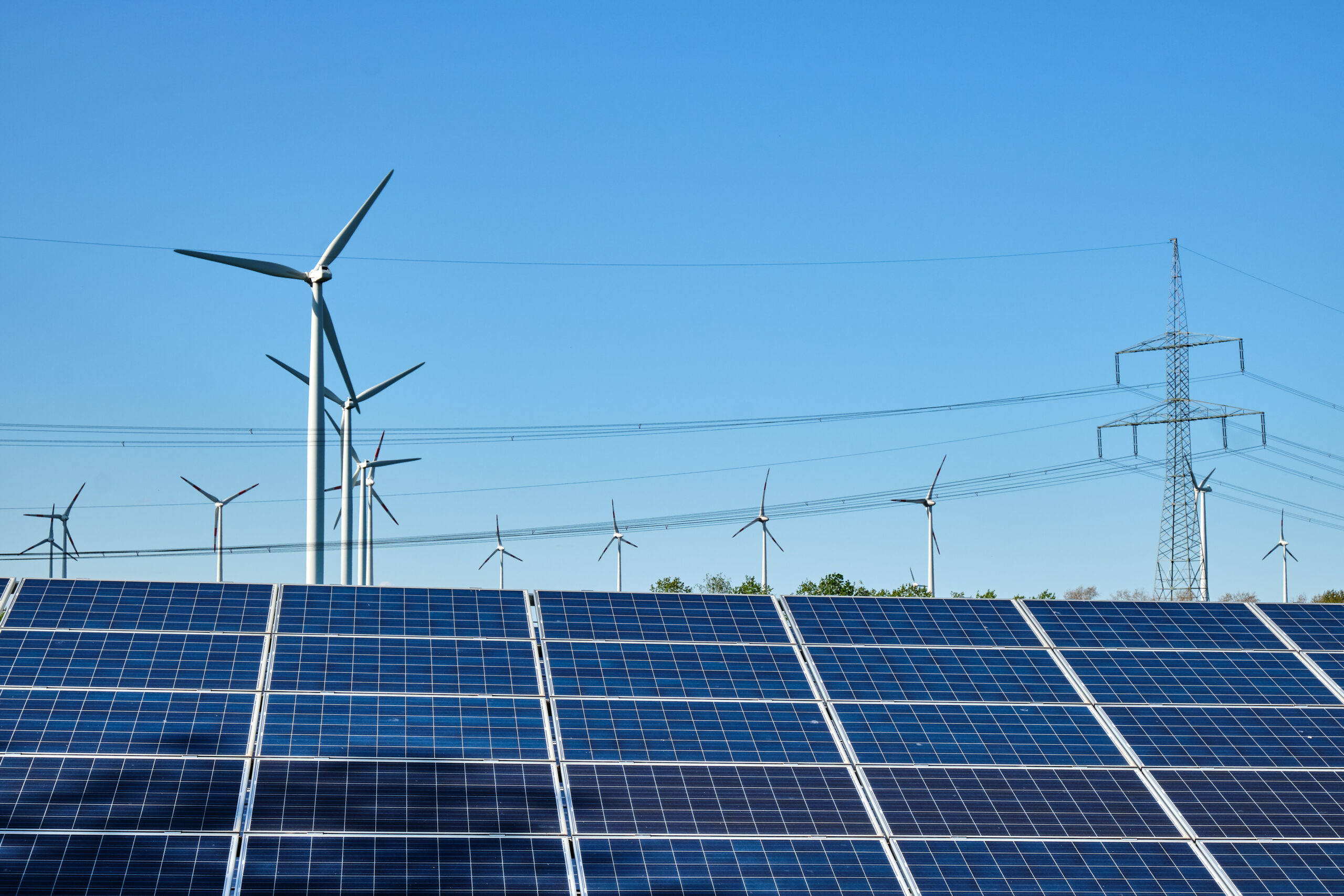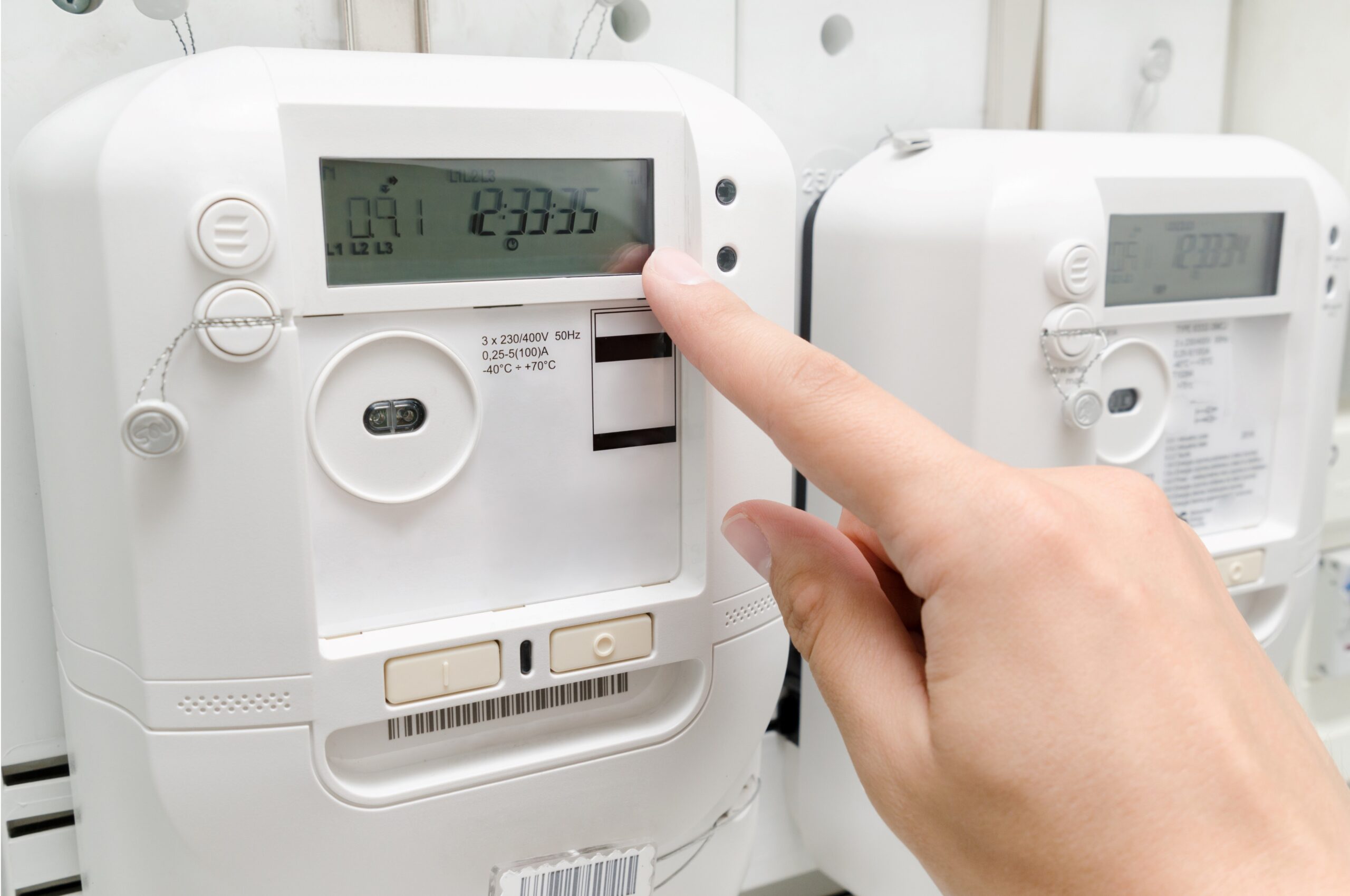What you need to know
The price you pay for your electricity and gas comprises of energy and non-energy (pass-through) costs. We fix the energy costs for the duration of your contract by purchasing your predicted usage in advance from the wholesale market. Pass-through costs however are variable and relate to other parties in the energy supply chain. Pass-through costs are significant and make up to 40-60% of your energy bill, depending on your meter type and the location of your business. Plus they are subject to increase, so it is important to know what the costs are, where they come from and why they may change throughout the duration of your contract.
What are Pass-Through Costs?
In general, pass-through costs (also known as non-commodity) cover the cost of transporting and distributing your energy to you. They also contribute towards Government initiatives and interventions in the energy industry, including climate change policies and the move to a low-carbon economy. Pass-through costs are not created or controlled by suppliers, neither are they set by the market. Unlike wholesale energy or metering costs which can be contractually fixed, pass-through costs are managed by third parties and set by the Government, and/or Ofgem. We are required under supplier license to pass these costs through to customers on their energy invoices. For simplicity, with SmartestEnergy Business, they form part of your standing charge and unit rates.
The main types of pass-through costs are:
Energy Infrastructure costs – covers the cost of transporting energy through the network to your business (known as DUoS and TNUoS for electricity, NTS and LDZ for gas).
Energy related costs – the costs for the National Grid to keep energy supply and demand balanced at all times (BSUoS).
Low carbon generation costs – costs from Government schemes that all end users must pay, helping to fund low carbon and renewable generation (RO, FiT, CfD).
Cost | Description | Paid To |
CfD – Contracts for Difference | An industry wide, compulsory subsidy scheme which supports low carbon electricity generation. The CfD scheme requires all suppliers to pay a levy to fund this ongoing development. Suppliers contribute to the difference between the fixed price and the market value of that energy.
| HM Revenue and Customs |
Capacity Market | Scheme to incentivise electricity generators for making their ‘capacity’ available at times when it is most needed. The charges ensure sufficient generation capacity is always available. The cost is determined by an auction run by the National Grid on behalf of the Government.
| Electricity Settlements Company |
FiT – Feed-in Tariff
| Used to subsidise small-scale renewable generation (e.g. domestic rooftop solar systems). Suppliers make payments to Ofgem to help fund the fixed tariff paid to generators of such systems.
| Ofgem |
RO – Renewable Obligation
| Government scheme to subsidise large-scale renewable. A recent shortfall in contribution from failed suppliers has resulted in Ofgem distributing the outstanding amount to all remaining suppliers in a process of ‘Mutualisation’.
| Ofgem
|
CCL – Climate Change Levy
| Government incentive to encourage businesses to reduce energy consumption and become more energy efficient. From the 1st of April 2020, CCL rates for electricity changed to 0.811p/kWh and for gas 0.406p/kWh. This is itemised separately on your SmartestEnergy Business invoice. | HM Revenue and Customs |
How often do Pass-Through Costs change?
Pass-through costs are set by the Government and/or Ofgem, and increases or decreases could depend on a variety of factors for example new legislation or budget measures, occurring annually or at any time. If we receive notification that there is a change in pass-through costs that will affect the price you pay for your energy, we will provide you with advance notice, and if possible any advice to help minimise the cost impact to your business. The effective from date of any changes to pass-through costs will be stated in the communication sent to you by SmartestEnergy Business at the time.



